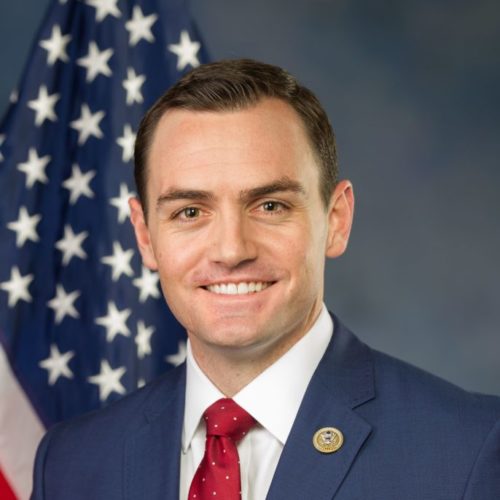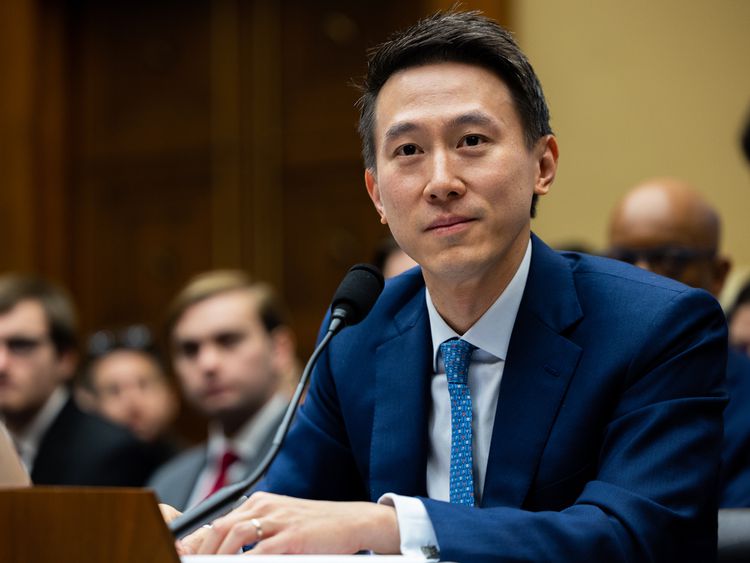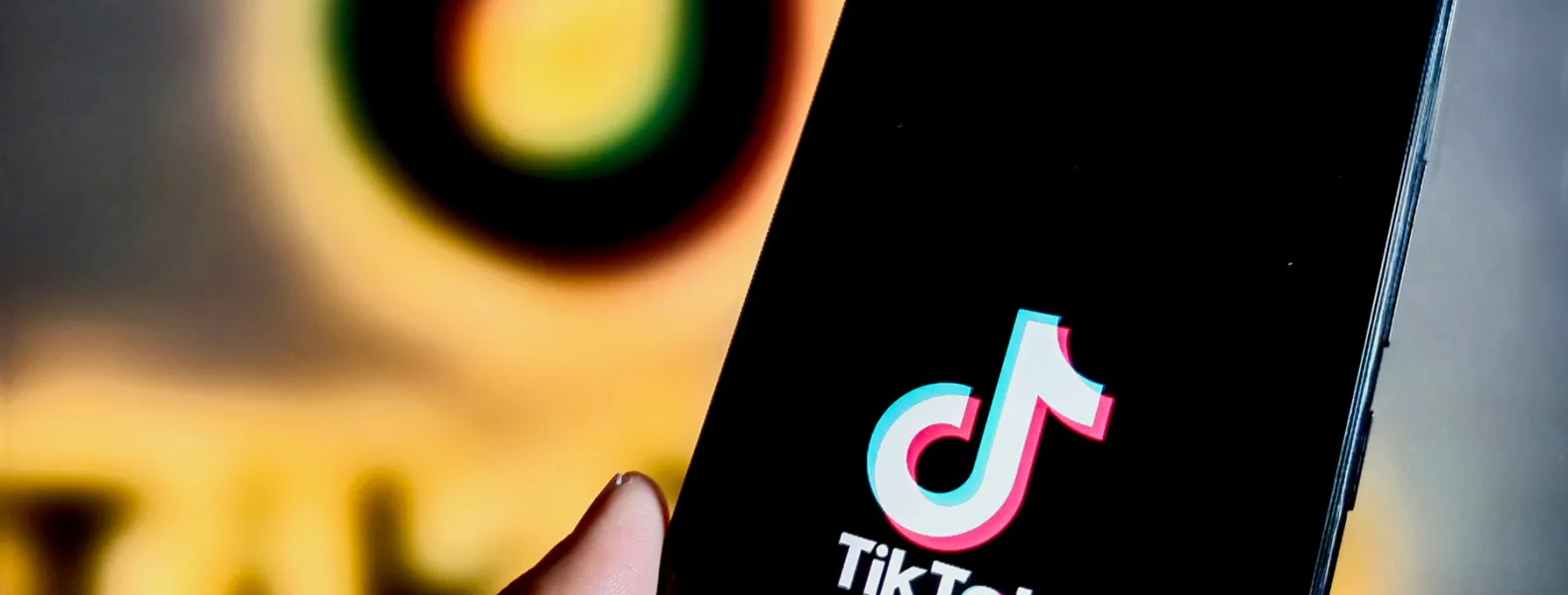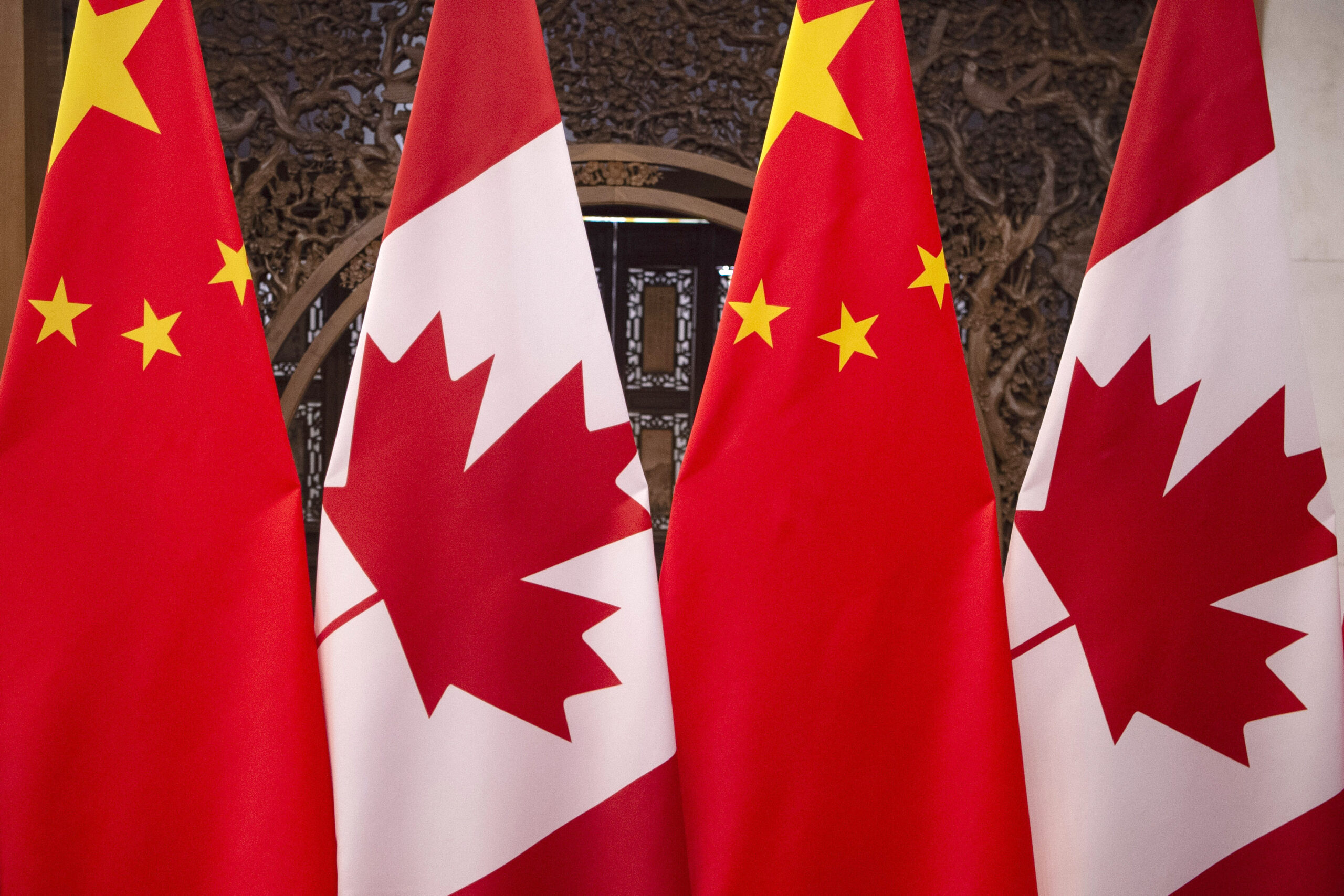TikTok Owners Have Been Warned That They Will Need to Sell the App or Face Being Banned in the US
The owners of TikTok will need to sell the social media platform or face a total ban in the United States, following a landslide vote in the House of Representatives.
The move follows a campaign by Congressman Mike Gallagher, the lead sponsor of the bill, who argued he did not want to “censor speech” but insisted there was a need to ban the app because it’s “becoming the dominant news platform for Americans under 30”.
Congressman Gallagher, the Republican chairman of the House select China committee, and the bill’s co-author Representative Raja Krishnamoorthi, the panel’s top Democrat, introduced legislation to address national security concerns posed by Chinese ownership of the app.

The two politicians argued that the bill’s success does not constitute a ban because ByteDance can sell TikTok and avoid being blocked in the US.
“TikTok could live on, and people could do whatever they want on it provided there is that separation,” Gallagher said, urging US ByteDance investors to support a sale. “It is not a ban – think of this as a surgery designed to remove the tumour and thereby save the patient in the process.”
The vote was a landslide, with 352 Congress members voting in favour and only 65 against. The bill, which was fast-tracked to a vote after being unanimously approved by a committee last week, gives China-based ByteDance 165 days to divest from TikTok.
If it did not, app stores including the Apple App store and Google Play would be legally barred from hosting TikTok or providing web hosting services to ByteDance-controlled applications.
Shortly after the vote, TikTok’s chief executive, Shou Zi Chew, said the vote was “disappointing” and that the company would do “all we can” to protect the platform, including “exercising legal rights”.
Chew said TikTok had invested to keep data safe and the platform free from outside influences.
He added: “This bill gives more power to a handful of other social media companies, who will also take billions of dollars out of the pockets of creators and small businesses,” he said in a video message. “It will put more than 300,000 American jobs at risk and will take away your TikTok.”

The vote in the House represents the most concrete threat to TikTok in an ongoing political battle over allegations the China-based company could collect sensitive user data and politically censor content.
TikTok has repeatedly stated it has not and would not share US user data with the Chinese government.
Prior to the vote, China’s ministry of foreign affairs spokesman, Wang Wenbin, accused the US of “hegemonic” practices, “when one could not succeed in fair competition”.
“In recent years, though the US has never found any evidence of TikTok posing a threat to the US’s national security, it has never stopped going after TikTok,” he told a regular press briefing on Wednesday.
TikTok, which has 170 million users in the US, has argued otherwise, stating that it is not clear if China would approve any sale, or that it could be divested in six months.
“This legislation has a predetermined outcome: a total ban of TikTok in the United States,” the company said after the committee vote. “The government is attempting to strip 170 million Americans of their constitutional right to free expression. This will damage millions of businesses, deny artists an audience, and destroy the livelihoods of countless creators across the country.”
Following the committee’s passage of the bill, staffers complained that TikTok supporters had flooded Congress with phone calls, after the app pushed out a notification urging users to oppose the legislation.

“Why are Members of Congress complaining about hearing from their constituents? Respectfully, isn’t that their job?” TikTok said on X.
Although the bill was written with TikTok in mind, it is possible other China-owned platforms could be affected, including US operations of Tencent’s WeChat, which President Donald Trump also sought to ban in 2020. Gallagher said he would not speculate on what other impacts the bill could have, but said “going forward we can debate what companies fall” under the bill.




















































































































































































































